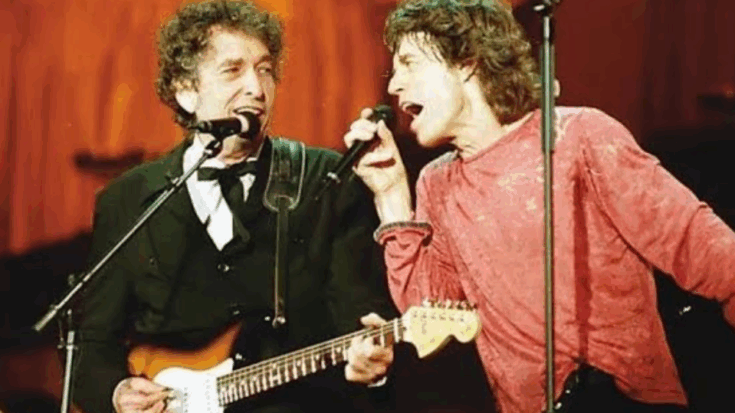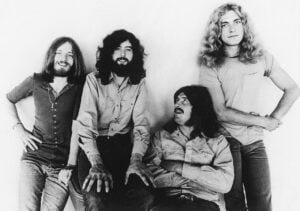Mick Jagger Reveals One Rolling Stones Song Was His Attempt to Write Like Bob Dylan

via Rockstar Diaries / YouTube
Searching for Inspiration
During the late 1960s, The Rolling Stones were in the middle of one of their most creative periods. Frontman Mick Jagger was reading widely, drawing from literature, poetry, and the music of his contemporaries. Among the figures who influenced him was French poet Charles Baudelaire, whose dark and symbolic writing offered intriguing ideas that Jagger found worth exploring.
He explained that he sometimes borrowed a few lines from the works he was reading, then expanded them into something entirely different. “I think that was taken from an old idea of Baudelaire’s, I think, but I could be wrong. Sometimes when I look at my Baudelaire books, I can’t see it in there. But it was an idea I got from French writing. And I just took a couple of lines and expanded on it.”
View this post on Instagram
Writing in a Different Voice
At the same time, Jagger was inspired by the lyrical style of Bob Dylan. He wanted to try writing something that carried the same conversational yet poetic tone Dylan often used in his songs. Jagger admitted openly, “I wrote it as sort of like a Bob Dylan song.”
This period also coincided with French filmmaker Jean-Luc Godard’s interest in documenting the band at work. Godard filmed the group in the studio for his 1968 project One Plus One. By chance, the cameras rolled while The Rolling Stones were shaping one of their most striking recordings. Jagger recalled how unusual it was to have such a director observing the band so closely, noting that it likely would never happen in the same way again.
The Making of “Sympathy for the Devil”
The track being developed during those sessions was “Sympathy for the Devil,” which would later open the Beggars Banquet album. Though Jagger claimed the lyrics as his own, he credited guitarist Keith Richards for an important musical suggestion. “I mean, Keith suggested that we do it in another rhythm, so that’s how bands help you.”
Jagger also confessed that he knew the song was worth fighting for. “I knew it was something good, ’cause I would just keep banging away at it until the fucking band recorded it.” That determination led to one of the band’s most enduring works.
Rhythm and Influence
Beyond Dylan and Baudelaire, Jagger pointed to another influence: samba. He admired its steady, hypnotic beat, which shaped the feel of the final track. “It doesn’t speed up or slow down. It keeps this constant groove. Plus, the actual samba rhythm is a great one to sing on, but it’s also got some other suggestions in it, an undercurrent of being primitive – because it is a primitive African, South American, Afro-whatever-you-call-that rhythm.”
Through this blend of poetry, Dylan’s shadow, Richards’ input, and samba-inspired rhythm, the song became one of the defining moments in The Rolling Stones’ catalog.












